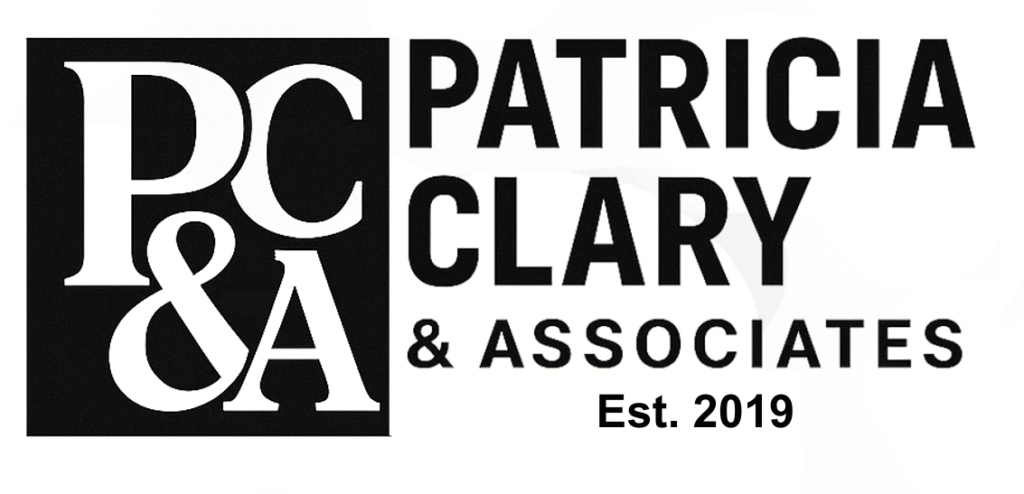The essence of convening leadership can be summarized as follows: knowing yourself, striving for excellence, embracing diversity and inclusion through collaborative efforts, serving others through organizational and administrative actions, and developing a toolkit to employ effective resolution strategies. Convening leaders play a vital role as a pivotal link, connecting the endeavor of tackling complex societal and global challenges, including wicked problems, with the active engagement of collaborative partners. Despite the distinct challenges faced by global, metropolitan, and rural areas, effective leadership plays a crucial role in unifying stakeholders and addressing these issues collectively. I advocate that effective leadership begins by knowing yourself and your leadership style based on leadership theories, philosophies, and approaches.
Convening leaders aware of different theories, philosophies, and approaches can adjust their methods accordingly. They understand the strengths and limitations of each style, allowing them to select the most suitable approach for fostering collaboration and achieving desired outcomes. Understanding diverse leadership approaches and emphasizing self-awareness enables convening leaders to foster productive partnerships to address societal and global challenges effectively.
Throughout the Leadership Theories Mini-Series, we will explore the complexities of leading stakeholder collaboratives as a convening leader. Our examination will encompass authentic leadership, member-exchange leadership, and transformational leadership theories. In addition, our focus will shift to servant leadership, a leadership philosophy and approach that places a premium on effective collaboration and underscores the leader’s responsibility to serve others. Additionally, we will explore the concept of emotional intelligence (EI), which Goleman (1998) defined as “the ability to recognize, understand, and manage our own emotions and to recognize, understand, and influence the emotions of others” (p. 317). Moreover, as we explore diverse leadership approaches, we will recognize the paramount importance of self-awareness. Understanding oneself is fundamental to effective leadership across theories, philosophies, and approaches. Our examination begins with authentic leadership.
Authentic leadership underscores the importance of leaders being true to themselves and the principles that guide them. According to Avolio and Gardner (2005), authentic leadership emphasizes the significance of genuine and transparent leaders aligning their actions with their values and beliefs. Authentic leaders in nonprofit work demonstrate integrity, honesty, and unwavering commitment to their mission, inspiring others through their authenticity (Avolio & Gardner, 2005). Here are a few examples of authentic leaders or instances of authentic leadership in the nonprofit sector:
Nelson Mandela, the renowned South African leader and philanthropist, exemplified authentic leadership through his unwavering dedication to social justice, reconciliation, and equality. His authenticity inspired millions around the world and helped drive significant positive change.
Malala Yousafzai, the young Pakistani activist and Nobel laureate, Malala Yousafzai, demonstrated authentic leadership by fearlessly advocating for girls’ education and speaking out against injustice despite facing personal risks. Her authenticity resonated with people globally, empowering others to join her cause.
Greg Mortenson, the co-founder of the Central Asia Institute, exhibited authentic leadership through his commitment to promoting education in remote areas of Pakistan and Afghanistan. His personal sacrifices and hands-on approach built trust and inspired others to support the organization’s mission.
John Muir, the founder of the Sierra Club, embodied authentic leadership as a passionate advocate for environmental conservation. His unwavering commitment to protecting natural spaces and sharing his experiences connected with others fostered a movement for environmental preservation.
Local Community Leaders, many authentic leaders, can be found within local communities, working tirelessly to address specific issues. These individuals build trust, engage community members, and provide a voice for marginalized groups. Their authentic leadership inspires collective action and drives meaningful change at the grassroots level.
It is important to note that authentic leadership can be observed in various roles within nonprofit organizations, such as executive directors, program managers, community organizers, policy advocates, grassroots activists, volunteers, or founders. Remember that while the title or position may vary, a convening leader’s role in nonprofit work is their ability to bring people together, facilitate collaboration, and drive collective action for positive social change.
Self-awareness, as emphasized in authentic leadership theory, involves knowing oneself, acting in accordance with personal values, and understanding the impact of one’s actions on others (Avolio & Gardner, 2005). This self-awareness extends to recognizing one’s values, strengths, weaknesses, and emotions (Northouse, 2018). When leaders deeply understand themselves, they can more effectively navigate collaborative environments, fostering trust, open communication, and respect. By engaging in self-reflection and introspection, leaders practicing authentic leadership strive to discover their true selves and lead in a manner that aligns with their authentic values (Avolio & Gardner, 2005). This level of self-awareness enables them to exhibit transparency, establish genuine connections with team members, and inspire others to bring their authentic selves to the collaborative process.
Knowing yourself, the first principle in convening leadership, is crucial as we grapple with complex societal and global challenges; it is essential for convening leaders to adapt their leadership style to address these issues effectively in addressing global, metropolitan, and rural challenges through collaborative efforts because community matters.
In community,
Dr. Pat
Patricia A. Clary is a consultant who champions the advancement of strategic community impact agendas to address intricate societal challenges through collaborative efforts, convening leadership, and effective governance. If you would like to know about leadership theories and styles to enhance your leadership skills, Dr. Clary can be contacted through:
– LinkedIn: https://www.linkedin.com/in/pat-clary/
– Facebook: PatriciaAClaryPhD
© 2023 All rights reserved.
